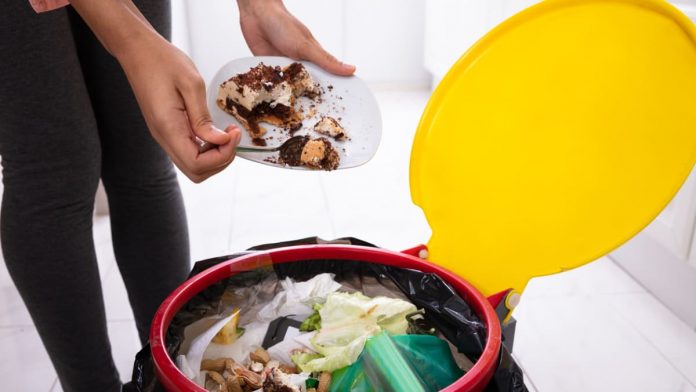IS A CIRCULAR ECONOMY THE ANSWER?
Singapore is intensely studying the circular economy as a solution to the problem of food waste.
From 2024, large commercial and industrial food waste producers will have to separate and treat their food waste. This opens up more options for waste treatment, including recovery.
The circular economy, while reducing food waste, requires concerted efforts such as:
The NEA has set up an industry steering committee that focuses on creating a circular economy for food. She wants to encourage more companies to introduce recycling solutions for upcycling food waste.
Tackling food waste is also a key topic that industry captains, innovators and policy makers will discuss at the biennial CleanEnviro Summit Singapore in April.
Our progress in recycling food waste has been encouraging, increasing from 10 percent in 2011 to 19 percent last year. Singapore recycled 126,000 tons of food waste last year, almost double the 70,000 tons a decade ago.
However, this means that the majority of food waste goes to waste incinerators.
Back to the festive waste problem, it seems it will take more time for the mindset and eating habits of consumers to shift to mindfulness about food waste during the holidays.
Fortunately, as we move towards this goal, technological advances are also making it easier to recycle our food waste. However, it cannot replace the importance of preventing a primary source from causing food waste: us.
So while we shop at the grocery store or order meals for our gatherings, we think more carefully about avoiding food waste. In fact, that’s better than finding a solution to it.
Seeram Ramakrishna is Professor and Chair of the Circular Economy Task Force at the National University of Singapore; and member of the ESG Committee of the Singapore Institute of Directors. He was a speaker at the CleanEnviro Summit Singapore Catalyst 2021, which discussed the topic of Enhancing Sustainable Development in a Pandemic World.

